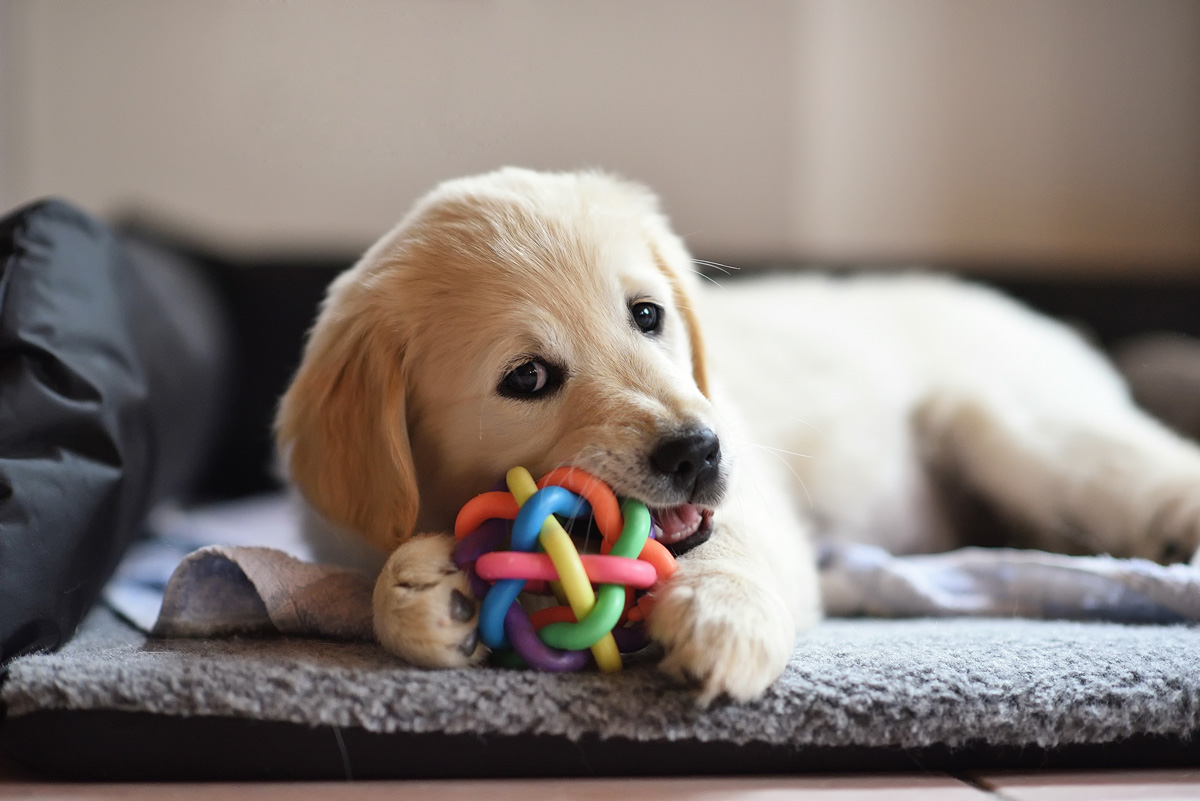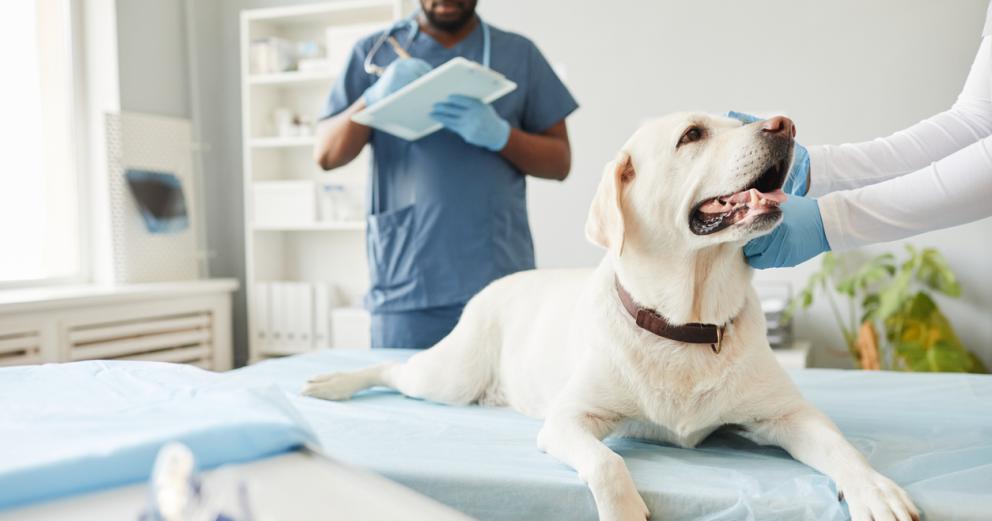Bringing a puppy into your home is a life-changing experience, one that brings immense joy, love, and energy. There is something uniquely heartwarming about a tiny bundle of fur, all wide eyes and wagging tail, exploring their new world. However, while a puppy is a source of great joy, it also comes with its fair share of challenges and responsibilities. The process of raising a puppy requires patience, commitment, and understanding, as it involves not only teaching them the basics of house training and obedience but also fostering their overall growth and development into a well-rounded, healthy adult dog.
In this article, we will explore the various stages of puppyhood, from the early days of bringing them home, to the more involved responsibilities of training, health care, and socialization. Whether you are a first-time pet owner or someone looking to refresh your knowledge, this guide will offer insights into how to care for and nurture a puppy through their formative months and years.
The First Days at Home: A Fresh Beginning
When you first bring your puppy home, the world is a brand new place, full of unfamiliar smells, sounds, and experiences. It’s a time of bonding and adjustment—not just for the puppy but also for you. The first few days will likely be filled with excitement, curiosity, and some anxiety. Your puppy might feel overwhelmed, and you might feel a bit uncertain about how best to care for your new companion. This is normal, and the key is to create a safe and secure environment for them.
Begin by setting up a designated area for your puppy, such as a crate or playpen, where they can retreat to feel safe when needed. Make sure this space is equipped with the essentials: a comfortable bed, water bowl, toys, and some training pads for accidents. Keep their environment calm and quiet during the first few days to help them adjust to the new surroundings.
Nutrition: The Foundation of Growth
A puppy’s nutritional needs are vastly different from those of an adult dog. During their first year, puppies experience rapid growth, both physically and mentally, which requires a specialized diet rich in protein, fat, vitamins, and minerals. Providing high-quality food formulated specifically for puppies is essential to ensure they receive the right balance of nutrients. Choose a reputable brand that lists a high-quality source of protein, such as chicken, lamb, or beef, as the first ingredient.
It’s also crucial to feed your puppy the right amount of food. Overfeeding can lead to obesity and developmental issues, while underfeeding may stunt their growth. Be sure to follow the portion guidelines provided on the dog food packaging or consult your veterinarian for personalized advice based on your puppy’s breed, size, and activity level. Additionally, fresh water should always be readily available to keep your puppy hydrated.
The Importance of Early Socialization
Puppies, much like human children, go through an important developmental window during the first few months of life that shapes their temperament and behavior for years to come. The process of socialization—exposing your puppy to a variety of people, places, and experiences—is crucial to ensure they grow into well-adjusted adult dogs.
Socialization should begin as soon as you bring your puppy home. Introduce them to different types of people, including children, adults, and people of various races, ages, and appearances. This exposure helps them build trust and learn to interact positively with others. Likewise, it’s important to expose your puppy to various environments—different rooms in the house, the outdoors, and trips in the car—to help them feel comfortable in all sorts of situations.
Be mindful of the fact that early experiences can greatly impact a puppy’s long-term behavior. Avoid exposing them to overly frightening or stressful situations, as this can lead to fear-based behavior later in life. Gentle, positive interactions will create a foundation of confidence and curiosity that will help them become more adaptable and less anxious.
Training: Teaching Your Puppy the Basics
Training is an essential aspect of raising a puppy, as it helps establish a strong bond between you and your dog while also teaching them proper behaviors. Puppy training should begin as soon as you bring your new pet home. The earlier you start, the easier it will be to instill good habits.
Start with basic commands such as “sit,” “stay,” “come,” and “down.” Use positive reinforcement—praise, treats, and affection—whenever your puppy follows a command correctly. Keep training sessions short, engaging, and fun to avoid overwhelming your puppy. Puppies have relatively short attention spans, so several five-to-ten-minute sessions throughout the day will be more effective than one long training session.
In addition to teaching basic commands, you’ll need to work on house training. Puppies, especially when they are very young, have small bladders and limited control over their urges, so accidents are inevitable. Establish a consistent routine by taking your puppy outside frequently, especially after meals, naps, and playtime. Praise them immediately when they do their business outside to reinforce the behavior. If an accident happens indoors, clean it up without punishment; puppies are still learning, and negative reinforcement can hinder their progress.
Crate training is another important part of the house training process. Puppies naturally avoid soiling their sleeping area, so a crate can be a valuable tool for encouraging them to hold their bladder until they can be let outside.
Health and Veterinary Care: Keeping Your Puppy Well
The health and well-being of your puppy should be a top priority. From the moment you bring your puppy home, schedule a visit to the veterinarian for a thorough health check-up. Your vet will provide a vaccination schedule, discuss parasite prevention, and help establish a wellness plan tailored to your puppy’s breed and needs.
Puppies need a series of vaccinations to protect them from common diseases such as rabies, parvovirus, and distemper. These vaccinations are typically administered in a series, starting at around 8 weeks of age and continuing until your puppy is about 16 weeks old. Your veterinarian will also discuss flea, tick, and worm prevention to protect your puppy from parasites that could cause illness.
As your puppy grows, regular check-ups will ensure that they are developing properly and allow your vet to monitor for any potential health issues. Regular dental care, including brushing your puppy’s teeth and providing appropriate chew toys, is also important for preventing oral health issues down the road.
The Power of Play and Exercise
Puppies are bundles of energy, and regular play and exercise are crucial for their physical and mental development. Playtime not only helps burn off excess energy but also encourages bonding between you and your puppy. Whether it’s fetching a ball, playing tug-of-war, or simply running around the yard, play fosters good physical health and helps your puppy learn appropriate behavior.
As your puppy matures, exercise needs will vary based on their breed and size. While smaller breeds may require less physical exertion, larger, more energetic breeds—like Border Collies or Labrador Retrievers—will need more structured activities to keep them mentally and physically engaged. Providing toys that stimulate your puppy’s mind, such as puzzle feeders or interactive toys, can also prevent boredom and destructive behavior.
The Challenges: Patience and Consistency
Raising a puppy is not without its challenges. The early stages of puppyhood can be trying—frequent accidents, chewed-up shoes, and sleepless nights can test your patience. However, consistency and positive reinforcement are the keys to overcoming these obstacles. Puppies need structure, clear boundaries, and time to learn. As a pet owner, it’s your responsibility to be patient and understanding as your puppy navigates the complexities of growing up.
Consistency is crucial in all aspects of puppy training. Set clear rules and boundaries from the start, and ensure that all members of the household are on the same page. Mixed signals can confuse your puppy and delay their learning process.
Conclusion: A Lifetime of Love and Companionship
Raising a puppy is a fulfilling and deeply rewarding experience. It’s a journey that demands patience, love, and dedication, but the bond that forms between you and your puppy over the months and years is unparalleled. From their first shaky steps in your home to their confident adult years, your puppy will grow into a beloved companion, offering loyalty, affection, and unwavering companionship.
The responsibility of raising a puppy is immense, but it is one that brings immeasurable joy and satisfaction. Through proper care, training, socialization, and health maintenance, you can help your puppy grow into a well-behaved, healthy adult dog who will enrich your life for many years to come. With the right commitment and love, the puppy who wags its tail at you today will become the steadfast, loving companion who walks beside you through the many years ahead.









